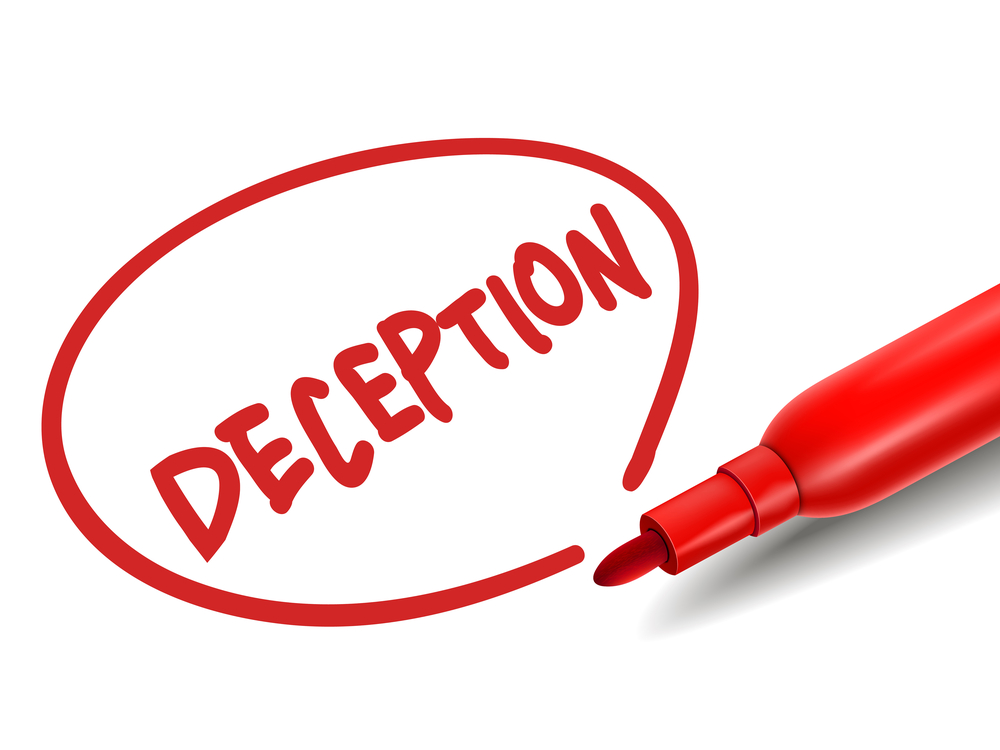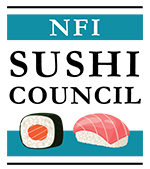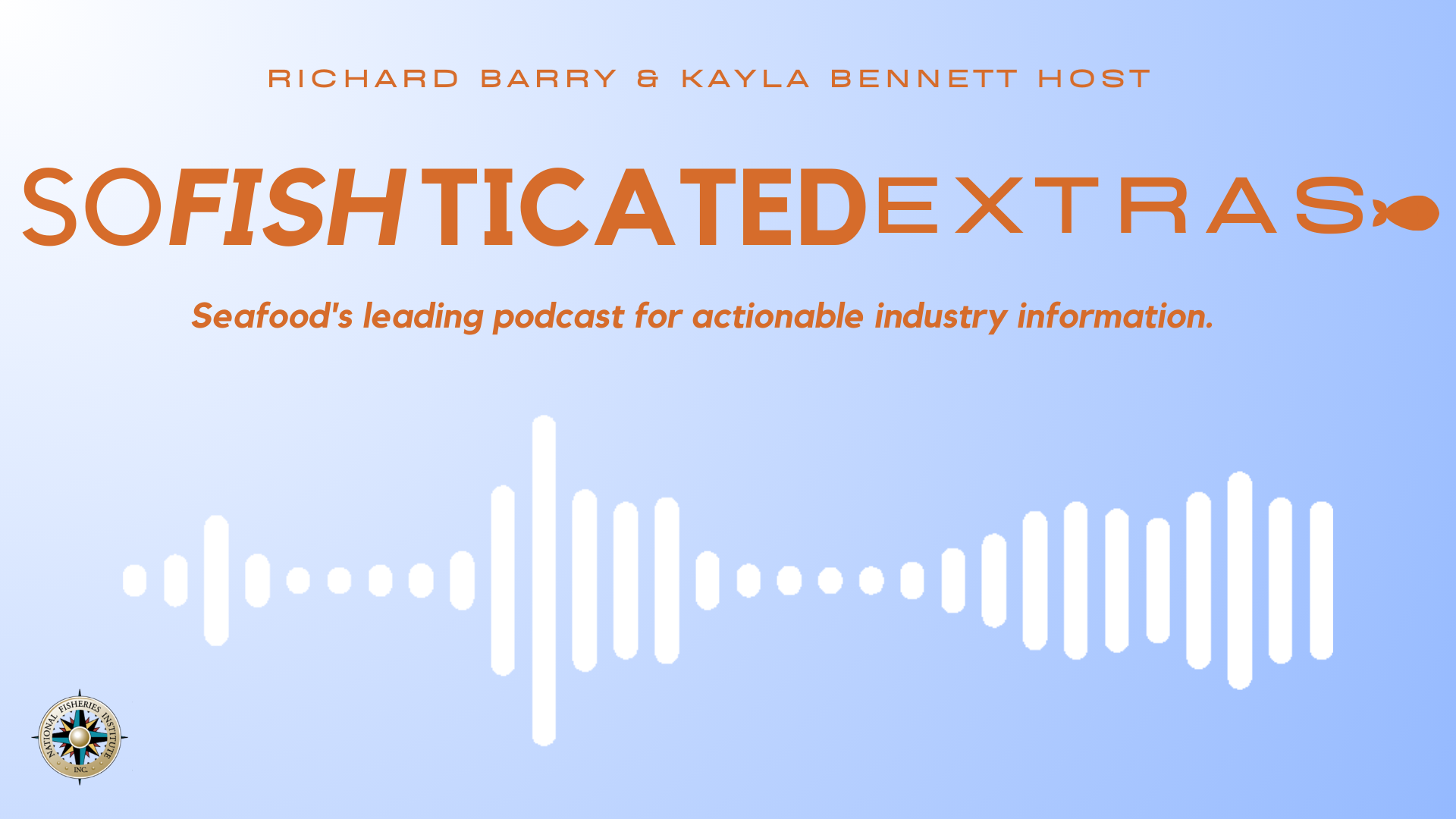Another Greenpeace Stunt Falls Flat
Greenpeace is once again using a half-baked ploy to mislead the public and entice credulous reporters into providing it with free publicity. In a carbon copy of previous failed efforts, the group has released a manufactured list that purports to rank various canned tuna brands. But the list gets basic facts flat wrong, and relies on an utterly unverifiable and subjective methodology that is concealed from the public.
Facts & Figures or Vague Generalities
How many companies participated in the survey? Greenpeace doesn’t say. How was information compiled for companies that declined to participate, and from which sources? Greenpeace is silent. What were the specific criteria used in the ranking, and what percentage of the score did each comprise? Greenpeace offers only vague generalities.
A Seat at the Big Kids Table
What we do know is that Greenpeace gets many of the empirical specifics wrong. To cite just one of the more glaring examples, they deceptively rely on a paper—written by their own oceans campaign director—to call out major US tuna brands for the practice of transshipment. But that sole source is at odds with the conclusions of the International Seafood Sustainability Foundation (ISSF), a globally recognized consortium of scientists and fisheries experts. ISSF made transshipments a priority, and member companies committed to comply with ISSF conservation measure 4.4a on transshipments back in 2011, committing not to work with purse seine vessels engaging in transshipments at sea, with minimal exceptions. In their most recent audit, ISSF concluded that 25 of 25 companies were fully compliant with the measure.
Greenpeace might know this if they accepted the now 2,000-day-old standing invitation to participate in grownup conversations about tuna fisheries and sustainability with ISSF. Or if they simply did their research.
More Harm Than Good
Also ignored in the baseless ranking is the mounting evidence that groups like Greenpeace are themselves a threat to seafood sustainability. For years, they claimed that FADs (Fish Aggregating Devices) were bad for the environment. Yet recent studies show the opposite – that using Greenpeace’s preferred fishing methods leads to higher carbon emissions. Yet instead of taking a hard look in the mirror, Greenpeace is recycling the same tired and discredited attacks it has peddled for years.
Fundraising Again
 And to what end? Fundraising, for one, as is Greenpeace’s compulsive habit. And this time they’re soliciting not just money, but personal data, for unspecified future use.
And to what end? Fundraising, for one, as is Greenpeace’s compulsive habit. And this time they’re soliciting not just money, but personal data, for unspecified future use.
In the midst of turnover and turmoil among senior leadership, a cascade of international incidents on multiple continents, and an active racketeering lawsuit, Greenpeace is understandably looking to redirect the public’s attention from itself with another pseudo-scientific “report.” But early indications suggest that the trend of diminishing returns for the group’s fact-free stunts is continuing. The public is getting wise to Greenpeace’s playbook, and the press would do well to follow suit.



